Education
Dissemination of Pedagogical Leadership of Academic Staff in Higher Education Institutions to Enhance Graduate Work Readiness and Transition to Work (PLASHE-WIL)
Published
5 years agoon
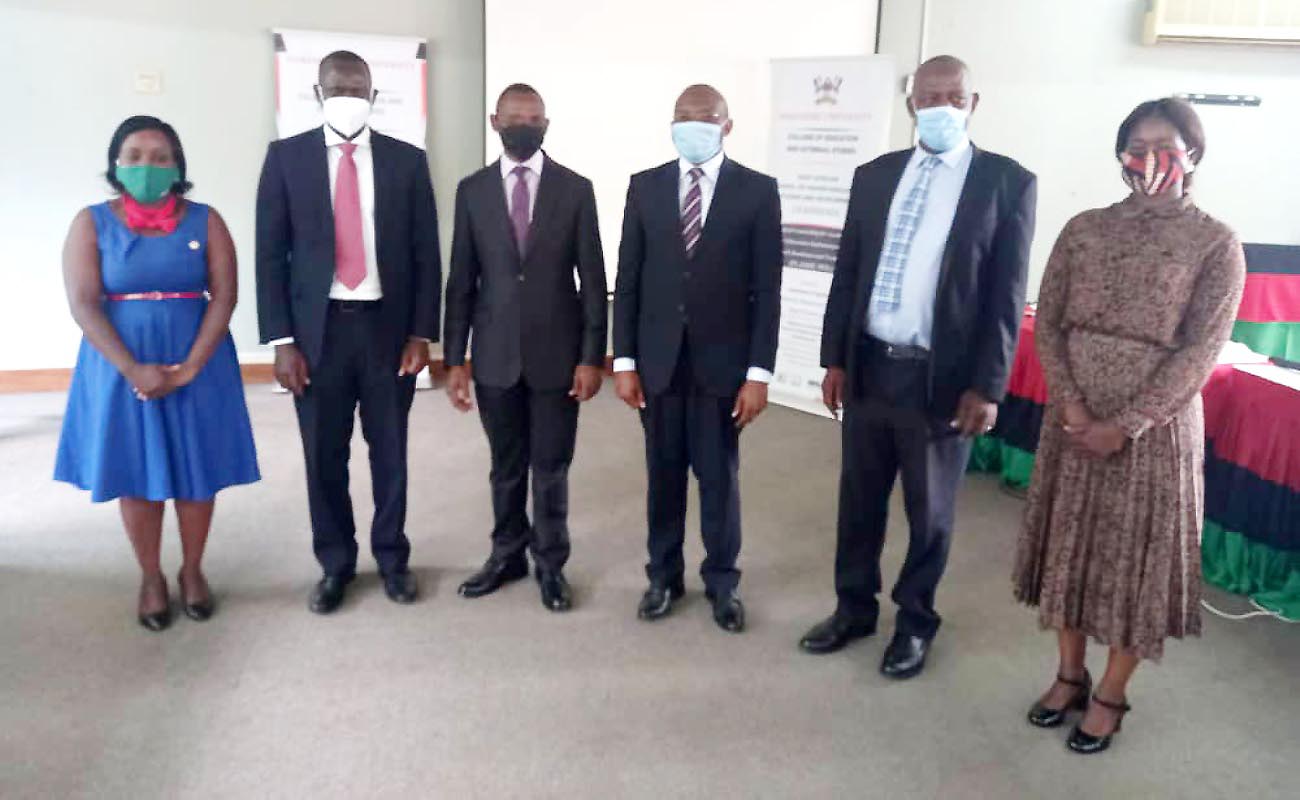
By Nuwagaba John
On Thursday 3th December, 2020, a project titled Pedagogical Leadership of Academic Staff in Higher Education Institutions to Enhance Graduate Work Readiness and Transition to Work (PLASHE-WIL) held a Dissemination Event at Makerere University. The Principal Investigator (PI) of the PLASHE-WIL project is Dr. Ronald Bisaso, Associate Professor and Dean, East African School of Higher Education Studies and Development (EASHESD), College of Education and External Studies (CEES). The project team members include: Dr. Rovincer Najjuma, Co-PI and Senior Lecturer, Department of Foundations and Curriculum Studies, Dr. Florence Nakamanya, Lecturer, EASHESD, Assoc. Prof. Proscovia Namubiru Ssentamu, Uganda Management Institute (UMI), Dr. Pius C. Achanga, Director, Quality Assurance and Accreditation at the National Council for Higher Education (NCHE), and Dr. Hamis Mugendawala, Head, Policy Research and Innovation, National Planning Authority (NPA). Other expert members are: Professor Christopher B. Mugimu, Foundations and Curriculum Studies, Dr. Joseph Kimoga, Assoc. Professor, EASHESD and Dr. David Onen, Senior Lecturer, EASHESD in CEES. The event started with a prayer led by Dr. Rovincer Najjuma. Dr. Florence Nakamanya who was the moderator welcomed members to the dissemination and gave a preamble of the PLASHE-WIL project.
The event was graced by distinguished stakeholders who attended both physically and virtually. These included; the Guest of Honour – Professor Mary J.N. Okwakol, the Executive Director, National Council for Higher Education (NCHE), Dr. Umar Kakumba, the Deputy Vice Chancellor (Academic Affairs), Prof. Fred Masagazi Masaazi, the Principal CEES, Dr. Vincent Ssembatya, Director, Directorate of Quality Assurance, Makerere University, Dr. Robinah Kulabako, Member of the Grants Management Committee (GMC) Makerere University Research and Innovations Fund (Mak-RIF) and Dr. David Kabugo, Coordinator, Centre for Teaching and Learning Support, CEES. A range of stakeholders from the Inter-University Council of East Africa (IUCEA), the Uganda National Council for Science and Technology (UNCST), the Ministry of Education and Sports (MoES), the Uganda Small Scale Industries Association (USSIA), NCHE, the Directorate of Human Resources (DHR), Makerere University student representatives, academic leaders and staff from different universities attended the dissemination.
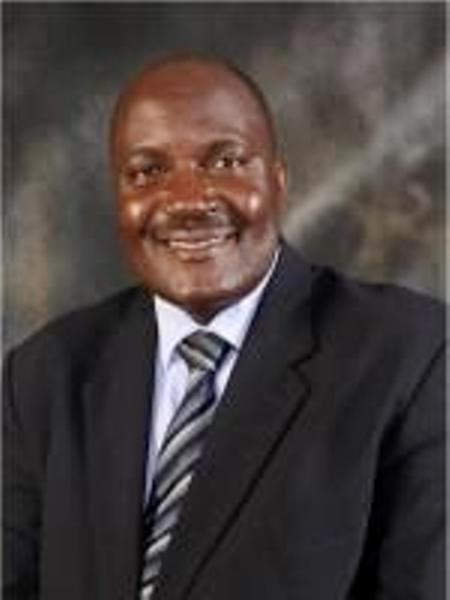
Prof. Fred Masagazi Masaazi in his remarks, welcomed the stakeholders. He congratulated the team led by Dr. Ronald Bisaso for ensuring that the School is continually productive. He noted that dissemination was a form of accountability and portrays transparency. He applauded the PLASHE-WIL Project Team for entrenching stakeholder engagement in the conception, team composition, conducting the study and the dissemination that attracted higher education experts, students, the private sector, media, student leaders, and academic staff. He informed stakeholders that CEES was committed to more such engagements in the areas of higher education, secondary education, adult education among others. He thanked the Government of Uganda through Mak-RIF for the financial support and guidance in research output reporting.
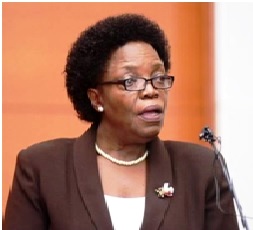
In her remarks, the Guest of Honour, Professor Mary J.N. Okwakol noted that the involvement of NCHE as a strategic partner in the implementation of the PLASHE-WIL project was anchored on the need to promote the Teaching Excellence Agenda in the Uganda Higher Education system. Realisation of such an important milestone would be through strengthening pedagogical competences of academic staff in the Higher Education sub-sector. Prof. Okwakol further observed that, the key deliverable in this project was a Pedagogical Leadership Programme for training academic staff in universities in Uganda because the Higher Education sub-sector needs pedagogical competent academic staff! The Executive Director, NCHE was equally delighted by the involvement of several partners including Makerere University, the National Council for Higher Education (NCHE) and the National Planning Authority (NPA). She noted that, the fact that the findings of the PLASHE-WIL project were based on perspectives of students, academic staff (mainly early career academics), employers, pedagogical leadership facilitators and curriculum leaders, the partnership availedfavourable conditions for uptake of research findings and presented opportunity for policy options which has been a missing link in many innovative endeavours. Prof. Okwakol informed the stakeholders that NCHE sees great potential for creating a critical mass of professional pedagogical leaders in Uganda’s Higher Education system who are not only competent in didactics but also able to integrate graduate work readiness and transition to work skills in teaching and learning processes. She congratulated the PI – Dr. Ronald Bisaso and Team for the great job done. She challenged the team to ensure that they empower lecturers into both good teaching and research in addition to ensuring gender inclusive interventions. She thanked the Government of Uganda through Mak-RIF for funding research on a topical issue and indeed an issue of concern. She officially opened the Dissemination Event.
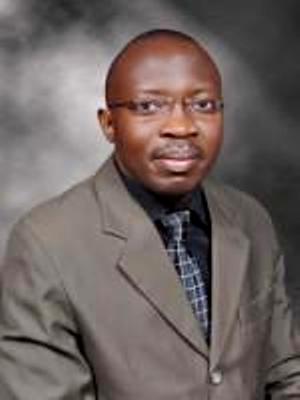
Dr. Ronald Bisaso, the PI in his presentation recognized the generosity of the Government of the Republic of Uganda through Mak-RIF that funded the PLASHE-WIL Project. He gave the PLASHE-WIL Project overview by noting that there is a graduate employability skill deficiency where 63% of Uganda graduates are unemployable, according to the employers, and that the existing pre-labour market education or training is inadequate (IUCEA, 2014 p.54-55). He observed that the ‘covenant between education and employment is broken’ and the ‘lack of linkage between the training institutions and potential employers’ was articulated in the outgoing National Development Plan II (2015/16-2019/2020, p.39).
To further illuminate the challenge, the PI historicized Higher Education Pedagogy in Makerere University noting that, Pedagogical Skills training was initiated in 1979 because “university lecturers lacked teaching skills and, as a result, some of them were doing a really bad job.” (Ssebuwufu, 2017 p.478). This culminated into the establishment of the Department of Higher Education at Makerere University (now the East African School of Higher Education Studies and Development). One of the downsides of developing pedagogical capacities of academic staff was the dependence on initiatives funded by development partners e.g. the European Union, Carnegie etc. with ramifications for sustainability. However, in July 2018, Makerere University invested her own resources in pedagogical skills training for Assistant Lecturers (Early Career Academics). This was coordinated by the Directorate of Human Resources and the College of Education and External Studies (through the East African School of Higher Education Studies and Development, the School of Education, and the Centre for Teaching and Learning Support). This was consistent with guidance of the Makerere University Visitation Committee, 2016. The PI further noted that, over 200 assistant lecturers from8 Colleges were trained in learner-centred pedagogy (Makerere University Strategic Plan 2020-2030 p.23). However, there was need to improve on the training programme by embedding Work-Integrated Learning (WIL) philosophies and pedagogy to complement the programme who focus was on the technical competences of writing learning outcomes, delivery methods, integration of technology, assessment, and teaching large classes. This culminated into the PLASHE-WIL Challenge as presented by the PI and Co-PI, Dr. Rovincer Najjuma.
PLASHE-WIL Project Challenge:
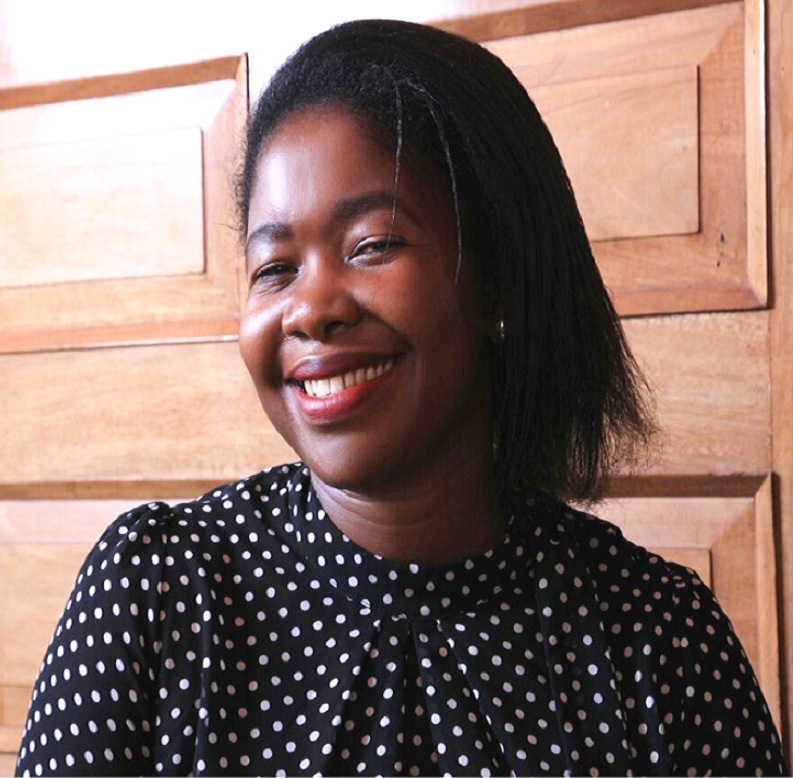
The increasing numbers of students that graduate every year in a variety of disciplines amidst rising graduate unemployment and employability skill deficiency is both a risk and potential for the country. Embedding graduate work readiness and transition to work strategies in University curricular and pedagogy is one of the employability development strategies that can potentially address rising graduate unemployment. Owing to the complexity and multi-dimensional nature of the challenge, the East African School of Higher Education Studies and Development (EASHESD) in the College of Education and External Studies, Makerere University in partnership with the National Council for Higher Education (NCHE) and technical support from the National Planning Authority (NPA), sought to engage with stakeholders including; employers, students, academic staff, pedagogical leadership facilitators and programme leaders to collaboratively develop a Pedagogical Leadership Programme for academic staff to enhance graduate work readiness and transition to work.
PLASHE-WIL Project Aim:
This project aimed to develop the capacity of academic staff in Pedagogical Leadership and Work-Integrated Learning to enhance graduate work readiness and transition to work competence development.
Methodology:
The research adopted the design research methodology. Design research combines research, design, and practice. The methodology of this research and innovation project was implemented through a multi-stakeholder partnership. First, a scoping review was done. Second, a consultative stakeholders’ meeting was held to initiate engagement and dialogue on how to enhance graduate work readiness and transition to work through strengthening pedagogical leadership of academic staff in Higher Education Institutions. Third, empirical evidence was collected from 73 employers, 146 academic staff, and 548 final year students stratified in four fields of engineering, agriculture, education and development studies. Fourth, practitioner engagement in interviews and expert meetings.
Summary of the findings:
Objective One: Employer requirements and expectations
The employers expect graduates to follow workplace principles/rules, possess work readiness skills (e.g. problem-solving, thinking critically, develop professionalism etc.). In addition, graduates are expected to have transition to work skills (e.g. identify personal skills and how they can be deployed). The employers identified Work-Integrated Learning opportunities such as exposure to relevant work setting, understanding workplace cultures as essential for graduates.
Objective Two: Graduate attributes and aspirations
Final year candidates’ degree experience had developed their pre-professional identity attributes (e.g. matching university to the workplace), work readiness attributes (e.g. developing social responsibility and accountability like behaving in line with company values) among others.
Objective Three: Academic Staff Competence Profiling
The academic staff were confident that they teach and assess foundational knowledge (theories and principles) and work readiness skills (e.g. team work, professionalism). However, they were less confident that they taught problem-solving yet they were confident that they assessed it.
Objective Four: Pedagogical Leadership Perspectives
Most of the existing pedagogical leadership training focuses on alignment. Pedagogical leaders identified competences academic staff should possess include; team work, co-facilitation, managing industry partnership, case-based teaching philosophies (industry-based learning, scenarios, e-case studies, industry-based cases, projects).
Objective Five: Curriculum Mapping Perspectives
The key focus is on foundational knowledge. There is need for strengthened partnerships between stakeholders (cross-sector, intra-sector, alumni, professional bodies, employers and internship providers. Programme reviews and enhancements should include work readiness and transition to work skill-sets to enact graduate work readiness and transition to work. Programme reviews and enhancements should include work readiness and transition to work skill-sets.
On the basis of the multi-dimensional findings, the Key Deliverables are:
- A proposed Post Graduate Diploma in Higher Education Pedagogy that embeds Work-Integrated Learning has been piloted among stakeholders drawn from public and private universities and line agencies. The post graduate curriculum includes; a practicum, educational research, Work-Integrated-Learning, higher education dynamics among others.
- A PLASHE-WIL framework that illuminates how WIL would create a springboard between the university and other stakeholders to enhance work readiness and transition to work.
- PLASHE-WIL reports on pedagogical leadership and work-integrated learning
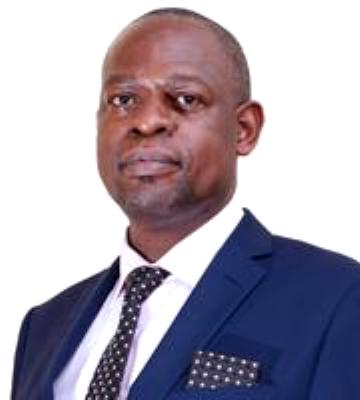
Responding to the findings of the PLASHE-WIL Project, Dr. Vincent Ssembatya was delighted that the promises made in February 2020 at the stakeholders’ inception meeting at NCHE were being met. He expressed the need for the National Planning Authority to articulate the aspirations of the country and have engagement with the PLASHE-WIL Project Team. He implored the team to think through scaling in space and disciplines whereby the interventions can as well be relevant to the other disciplines without necessarily collecting data on them. Dr. Ssembatya reflected on the imperative to produce employable graduates who are lifelong learners with capacity to disintegrate theories, renew knowledge and invent. This called for pedagogical reskilling of academic staff through a research-informed programme which was the key deliverable of the PLASHE-WIL Project.
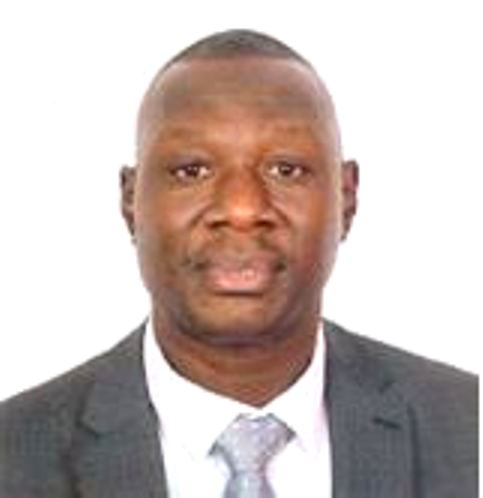
Dr. Pius C. Achanga reflected on the possibilities for scaling-up and policy options emanating from the PLASHE-WIL Project findings and congratulated the team. He noted that the deliverables would provide an avenue where lecturers meet the students and engage in disruptive processes. He noted that whereas there has been overemphasis on basic knowledge offered by universities, it was time to reflect concretely on the returns. He made reference to the Mandate of NCHE as enshrined in the Act, section 5(h) within which NCHE agreed to work with Makerere University and others in the implementation of PLASHE-WIL Project. He implored the project team to work with other tertiary institutions to operationalize the project when there is continuation of funding. He also appreciated the contribution of the National Planning Authority.
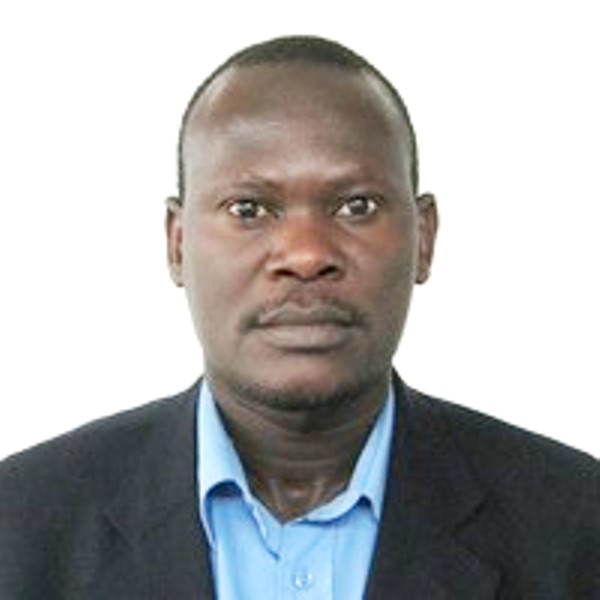
Dr. Hamis Mugendawala informed the stakeholders that NPA took pleasure to be part of the partnership. He noted that the project was responding to a terrain that was so scaring for the country. This was because of the permanent divorce between education and employment where supply was not speaking to demand. He highlighted the increasing shift in focus from qualification to skills-based employer demands. With regard to PLASHE-WIL, the need for enhancement of the competences of the academy was evident. He noted ‘if the academy does not possess the graduate work readiness and transition to work skills then they cannot deliver them to the students’ amidst the shifting demands of the labour market and industry. Moreover, there was need to modularize the proposed pedagogical training curriculum and embrace multiple modes of flexible delivery. He noted that the University should simulate the industry environment as it trains graduates. Dr. Mugendawala informed the stakeholders that the National Development Plan III was in agreement with some of the findings. He requested Makerere University through the DVC-AA to consider inviting industry to Makerere University to ensure that they closely innovate, incubate ideas and embark on production. He concluded that ‘young people should be trained to work with people and to work with machines’ and that the National Planning Authority was willing to further the collaboration on the PLASHE-WIL Project.
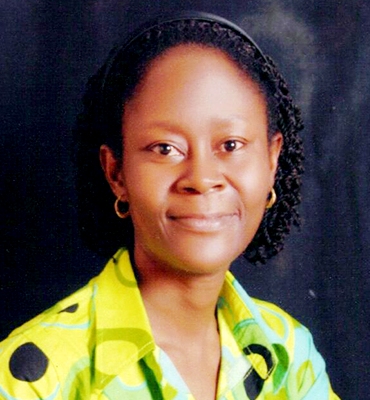
Dr. Robinah Kulabako, Member of the Mak-RIF Grants Management Committee (GMC) in her speech thanked the participants for attending the dissemination event. She recognized the DVCAA, Makerere University among other dignitaries. She thanked Professor William Bazeyo for steering the GMC and informed members that she was representing him at the dissemination event. Dr. Kulabako informed the stakeholders that Mak-RIF received 30billion and an additional 15billion to fund multidisciplinary projects from the Government of Uganda. PLASHE-WIL was one of the 500 multidisciplinary projects funded and she was optimistic that it will surely contribute to the development of the nation and specifically the higher education sector. Dr. Kulabako thanked the Principal Investigator – Dr. Ronald Bisaso and Team for smartly identifying the problem and conceptually thinking through the solution. She urged the team to ensure that the deliverable – the PLASHE-WIL programme is fast-tracked and rolled out. Dr. Kulabako concluded by promising that Mak-RIF will collaboratively engage and leverage additional resources so that projects such as PLASHE-WIL continue to make a positive contribution to the communities we live in. In a special way, she thanked and noted that the Government of Uganda was willing to continue funding research in Makerere University through Mak-RIF as long we deliver on the promises of innovative deliverables as we work with the respective partners.
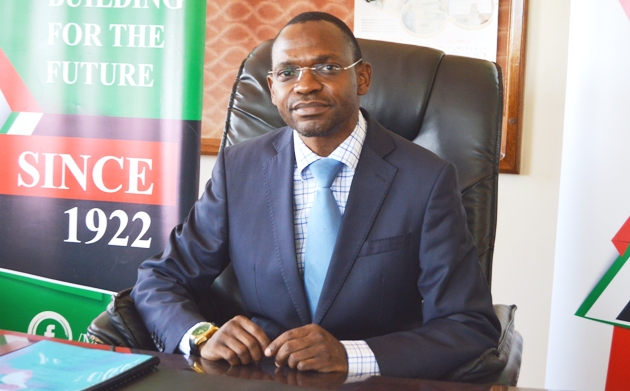
At the Official Closing of the Dissemination Event, Dr. Umar Kakumba, the Deputy Vice-Chancellor (Academic Affairs) was grateful for the value addition by the PLASHE-WIL Project Team led by Dr. Ronald Bisaso. He noted that it was a great team. He informed the stakeholders that his involvement at the inception stakeholders’ meeting held in February 2020 at the National Council for Higher Education (NCHE) was because of the innovativeness of the concept. It was on that basis that he graciously deemed it appropriate to officiate at the dissemination event. Dr. Kakumba thanked the National Council for Higher Education for the support extended to the PLASHE-WIL Project and the contribution of the National Planning Authority. He observed that the uniqueness of the PLASHE-WIL Project was the engagement with different actors and other tertiary institutions. He further noted that the deliverables were laudable observing that the starting point for a competitive graduate should be a good curriculum, delivered by competent teachers continually be capacitated through trainings like the proposed PLASHE-WIL programme. The DVC-AA further requested the PLASHE-WIL Project Team to generate a brief to inform the review of the policy on internship/field attachment/Work-Integrated Learning. Finally, on behalf of University Management, Dr. Kakumba thanked the Government of Uganda for all the support which has kept staff engaged in writing grants, contacting respondents and disseminating findings among other activities and in process contributing to research productivity and progressive engagement. He thanked Professor William Bazeyo for steering the Grants Management Committee (GMC) and Mak-RIF. He also thanked Dr. RobinahKulabako for her contribution to the GMC and the remarks. He officially closed the Dissemination Event noting that this was the first phase of dissemination because he looked forward to more disseminations of the PLASHE-WIL Project deliverables.
You may like
-
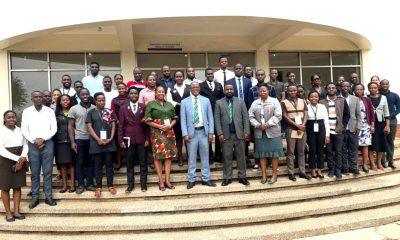

Mak Moves to Revitalize Food Technology & Business Incubation Centre to Drive Innovation & Entrepreneurship
-
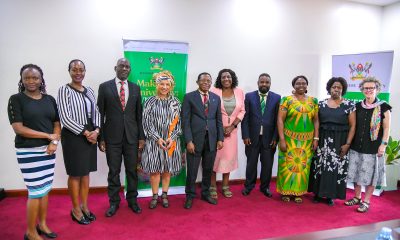

Mak, HERS-EA Discuss Nurturing More Women Leaders
-


UVCF Makes Case for HEAC Programme
-


Mastercard Foundation Board pays its inaugural visit to Makerere University
-
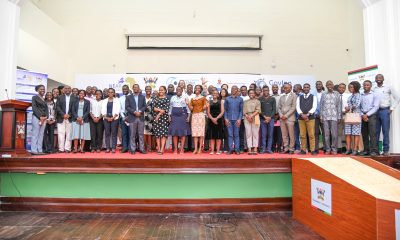

Strengthening Europe-Africa Higher Education Collaboration through the NEAR-ER Project
-
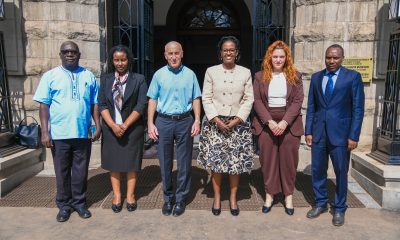

Israeli Ambassador Lotem Talks Innovation on Farewell Visit
Education
Admission List to Bachelor of Education External (BED) 2025/26 -Private Sponsorship
Published
2 weeks agoon
July 4, 2025By
Mak Editor
The Office of Academic Registrar, Makerere University has released the admission list of Diploma holders provisionally admitted to Bachelor of Education (EXTERNAL) programme under Private Sponsorship for the Academic Year 2025/2026 pending verification of their academic documents by the awarding institutions.
The List can be accessed by following the link below:
Update 4th July 2025, Batch II
Education
Mak CEES discusses partnership with King Salman Global Academy for the Arabic Language
Published
4 weeks agoon
June 20, 2025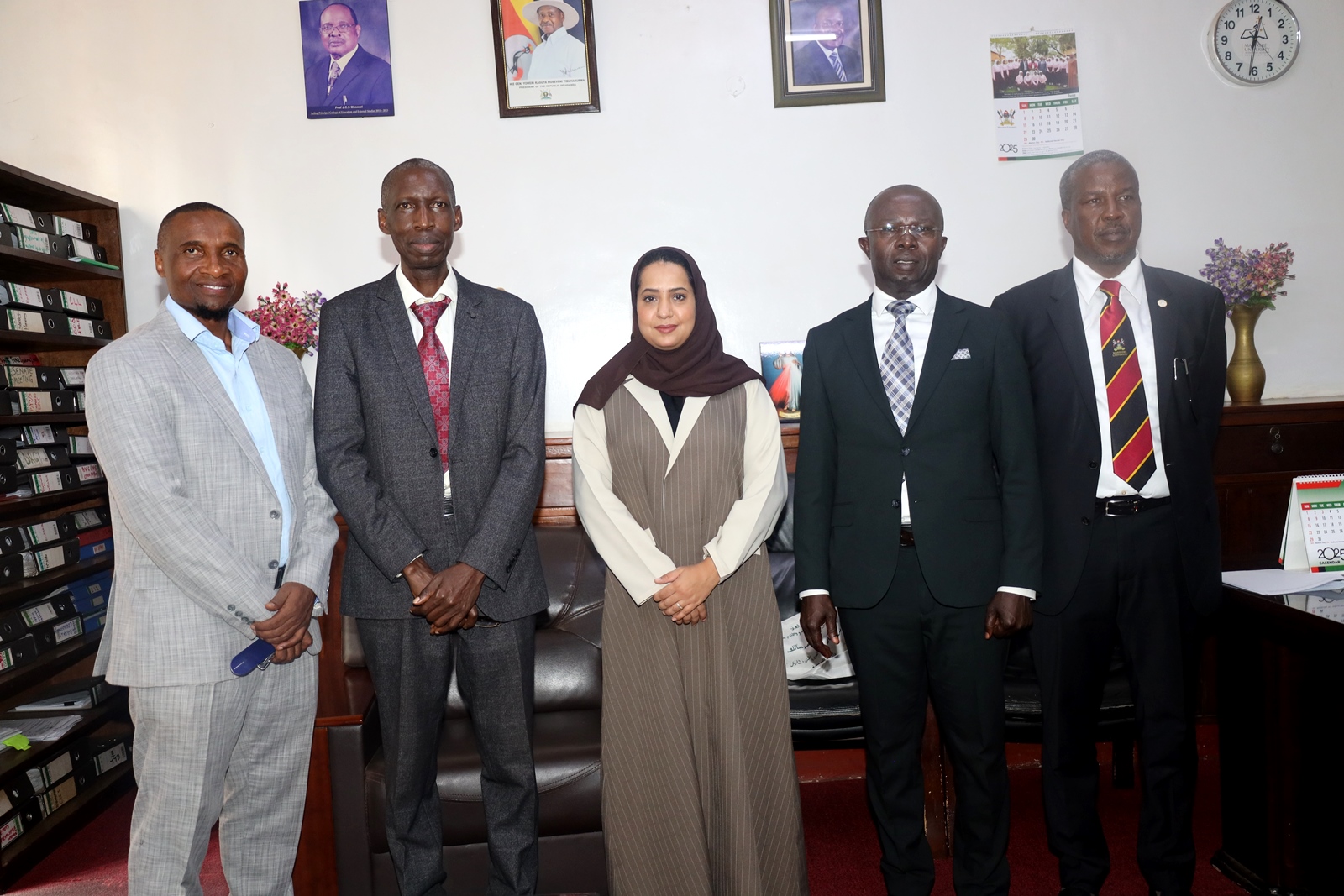
On 17th June 2025, the Principal of the College of Education and External Studies at Makerere University, Prof. Anthony Muwagga Mugagga hosted a meeting with Dr. Hanan Al Malki, the Director of Program and Centre Planning and Management at the King Salman Global Academy for the Arabic Language, aimed at building institutionalized partnerships in language education in Uganda and globally.
The proposed collaboration presents Makerere University with a golden opportunity to increase the number of students studying the Arabic language at the Undergraduate and Masters’ degree levels respectively through provision of scholarships, as well as, staff and student exchange programmes.
With reference to the 2024/2025 academic year, over 40 students are studying Arabic Language studies under the Bachelor of Arts with Education degree programme, and two (2) students studying the Arabic language at the Masters degree level at the College of Education and External Studies.
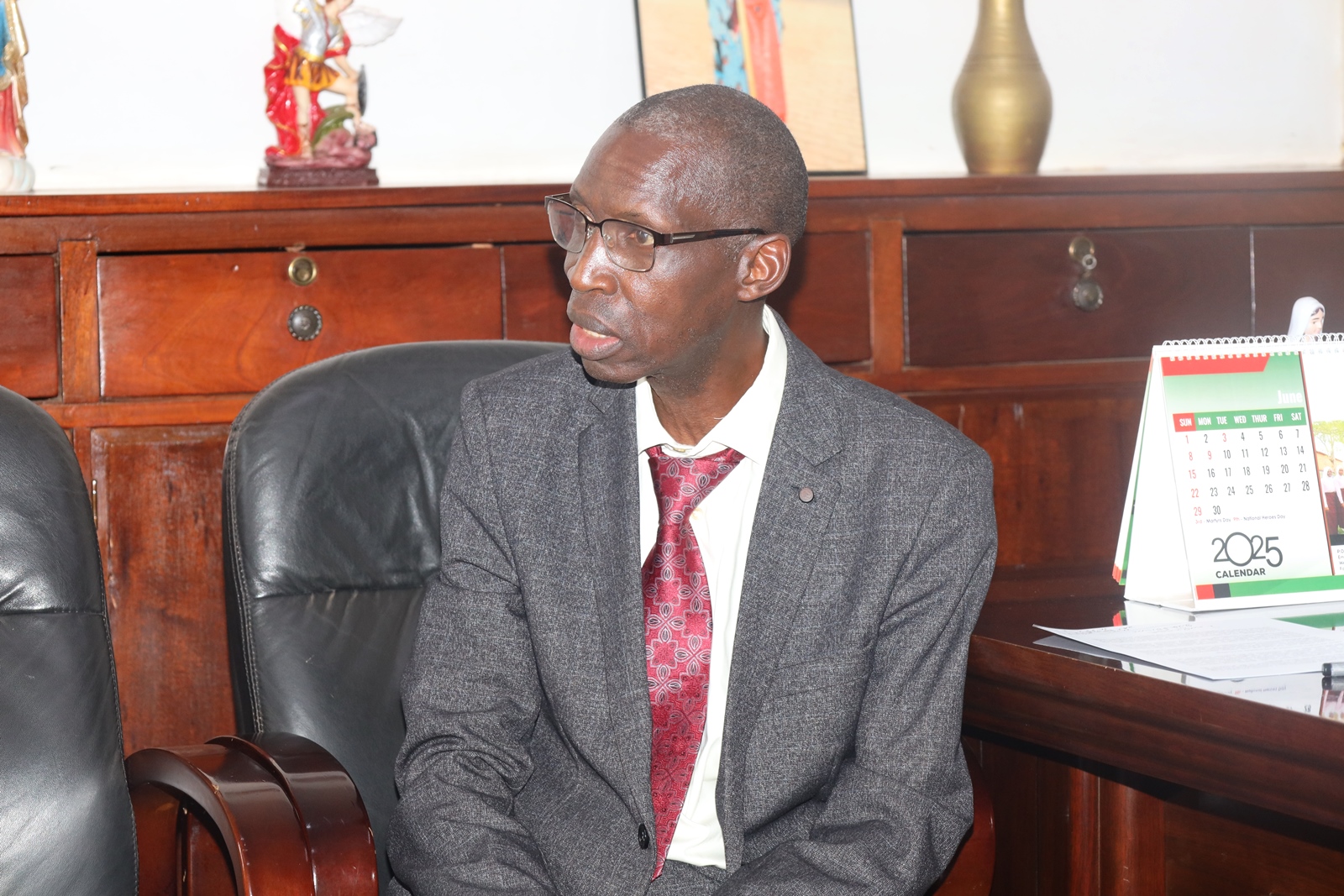
Welcoming Director Malki to the College, Prof. Mugagga expressed the readiness of staff members to collaborate with reputable partners to promote language education in Uganda and globally. He was delighted that through this meeting, the College had embarked on a fruitful discussion to partner with an international academy established to teach, promote and preserve the Arabic language.
The meeting brought on board the following academic staff at Makerere University: Dr. Muhammad Kiggundu Musoke-Head, Department of Humanities and Language Education, Dr. Ayoub Twahir Sekitto-Coordinator Arabic Languages at the School of Education, and Dr. Ibrahim Ssali- Coordinator Arabic Language, College of Humanities and Social Sciences.
Committed to forging collaboration with the College of Education and External Studies at Makerere University, Dr. Malki disclosed that partnering with universities was one of the most effective strategies in the promotion of the Arabic language, and revival of the Arabic culture in Uganda. In line with advancing the Arabic culture and values globally, Dr. Malki emphasized the academy’s focus on language planning, computational linguistics, education, and culture.
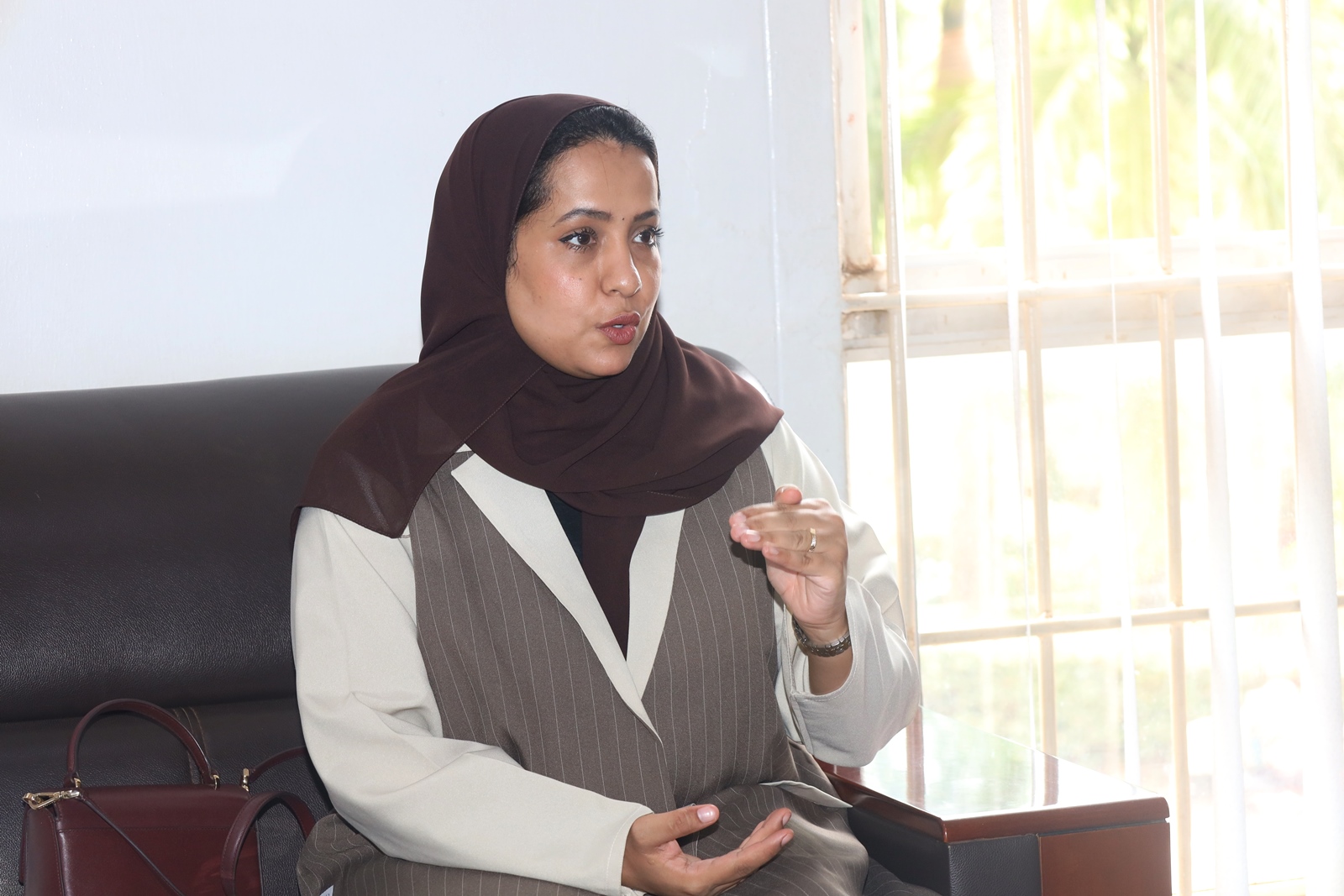
Contributing to the discussion on examining proficiency in the language, Dr. Malki recommended the use of digital testing to measure students’ proficiency in Arabic language.
During the meeting, both parties agreed to actively participate in the rejuvenation of Arabic studies at Makerere University and Uganda at large, through frameworks and institutionalized approaches guided by a Memorandum of Understanding (MoU). The MoU would set parameters for the collaboration integrating the proposed hosting of an Arabic Centre at Makerere University, provision of scholarships, staff and student mobility programmes, joint lectures and supervision, and establishment of teaching and learning facilities.
The College Principal supported the proposal to establish a specialized Arabic Institute with a Language Auditorium. According to Prof. Mugagga, the facility would provide one-stop centre for the teaching of the Arabic language and cultural exchange.
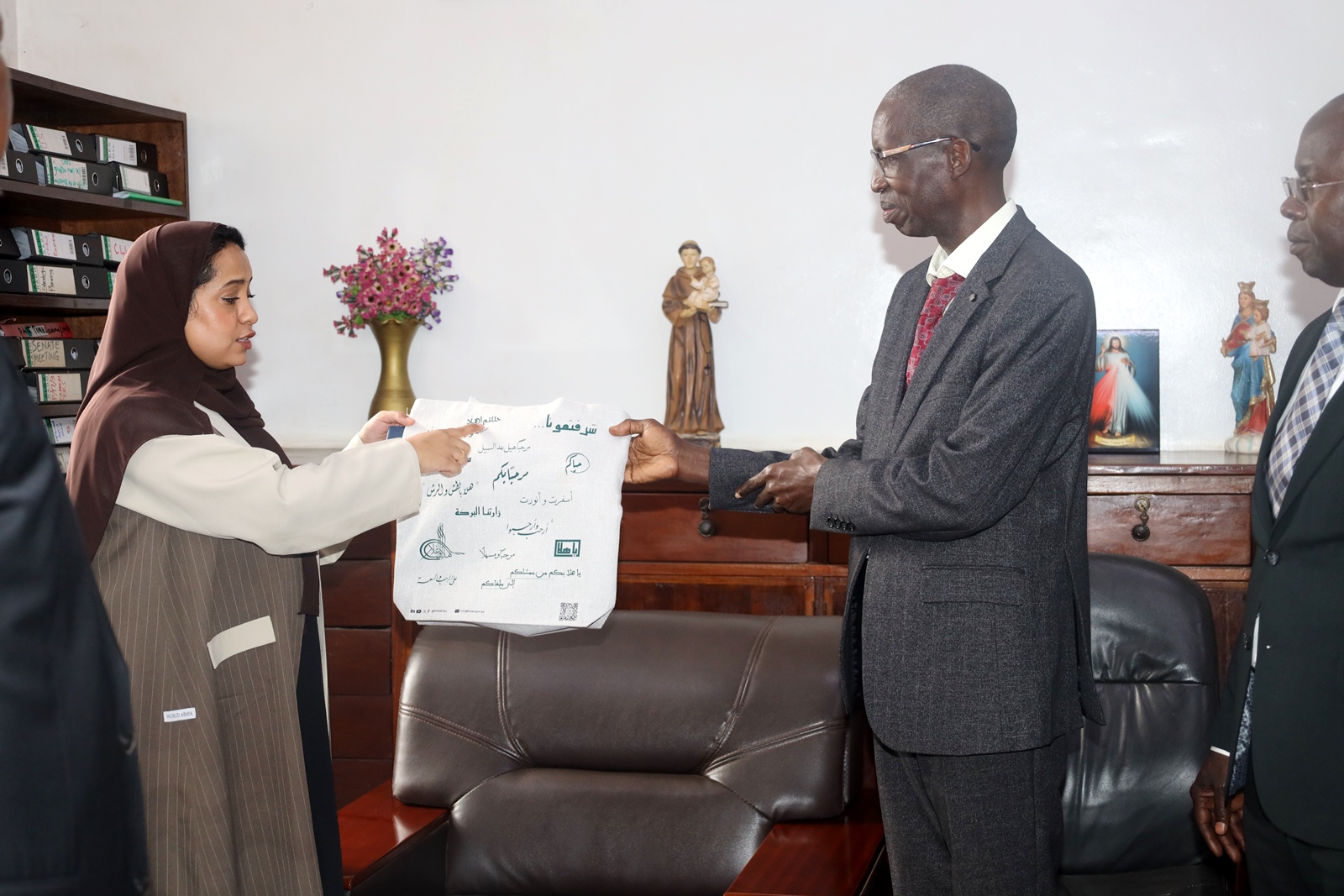
The Head of the Department of Humanities and Language Education, Dr. Kiggundu Musoke stressed the need to prioritize teacher training in the Arabic language field. He explained that through its degree programmes, the College of Education and External Studies trains a number of students/teachers, who on completion of their studies, contribute to the teaching, promotion and dissemination of the Arabic language in Uganda and beyond. However, the demand to enroll for the Arabic language studies is curtailed by the financial limitations faced by some of the prospective applicants.
Convinced that if the prospective students are supported financially to access University education the student enrollment in Arabic language studies would increase to the desired levels, Dr. Kiggundu Musoke urged members to expedite the finalization of the MoU to boost collaboration and provision of scholarships to both staff and students.
Education
Makerere Charts Bold Path for Digital Learning with New ODeL Master Plan
Published
1 month agoon
June 6, 2025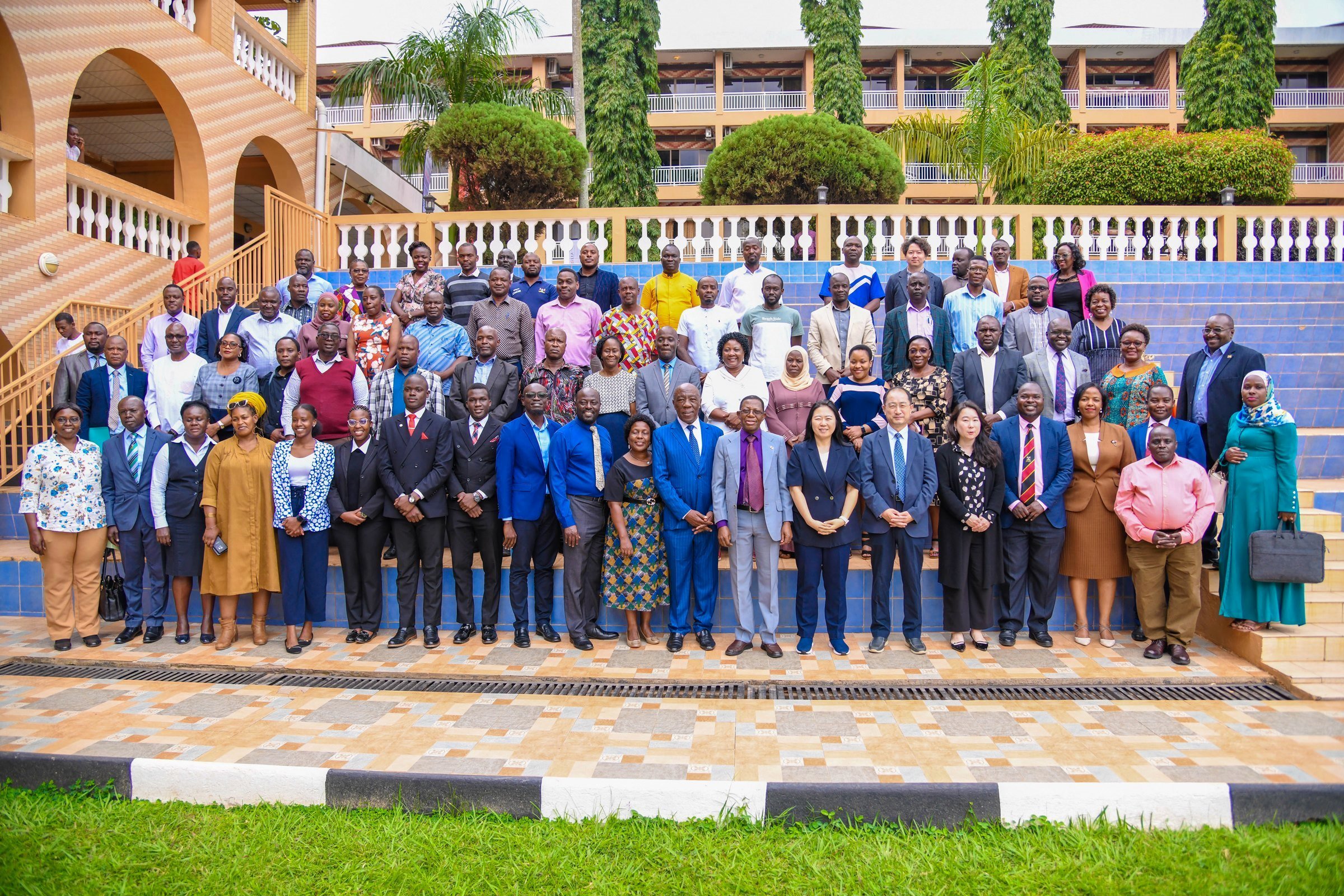
Makerere University has taken a significant step toward transforming its digital education landscape with the unveiling and stakeholder review of its Draft Master Plan for Open, Distance, and e-Learning (ODeL). The consultative workshop, held on Thursday, June 5, 2025, at Hotel Africana, brought together university leadership, academic staff, student representatives, and development partners to review the 10-year roadmap aimed at scaling access to quality, affordable, and inclusive education.
The workshop was officially opened by the Deputy Vice Chancellor (Academic Affairs), Professor Buyinza Mukadasi, who represented the Vice Chancellor. In his remarks, Prof. Buyinza underscored the transformative potential of the KOICA-supported initiative.
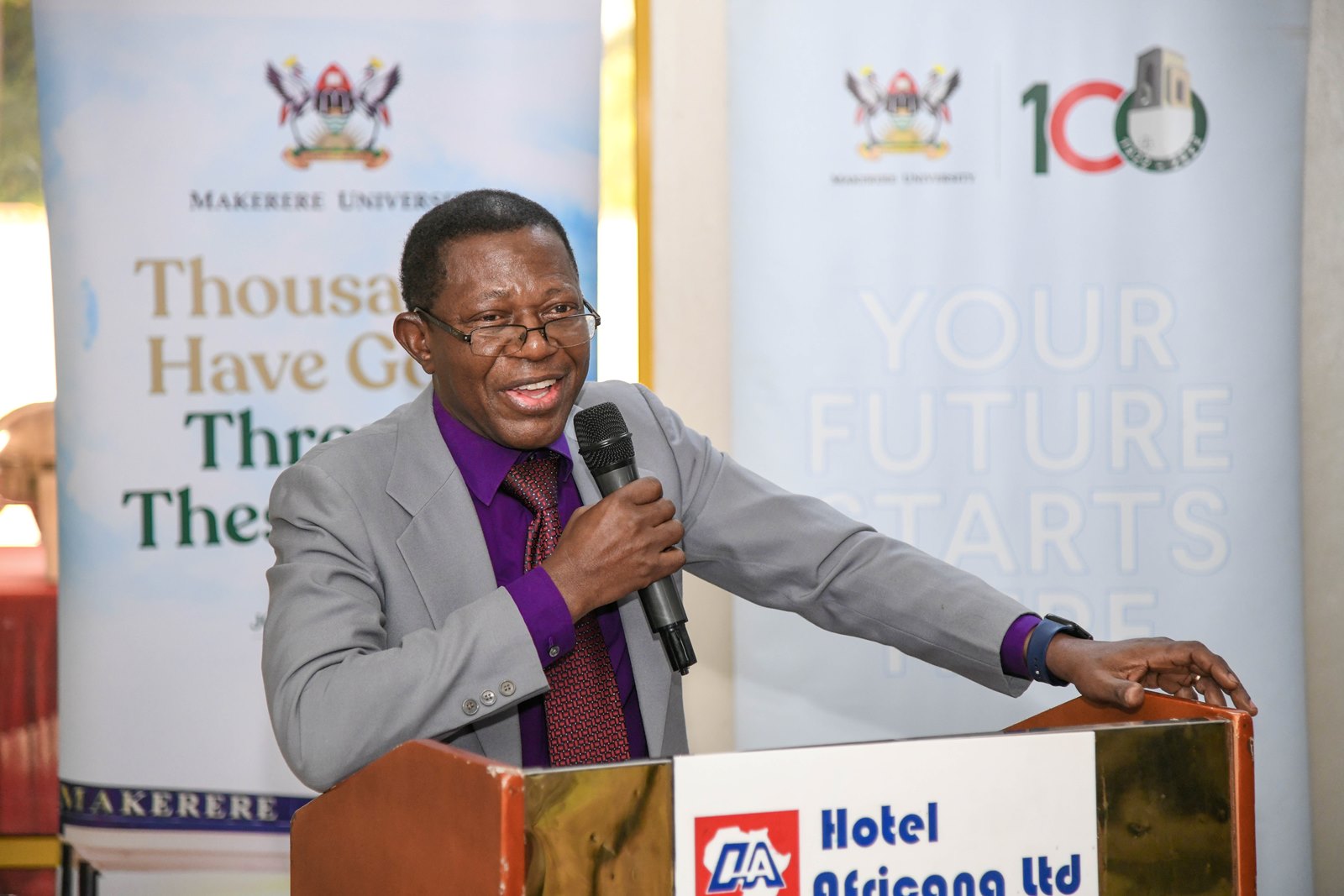
“This project is a significant milestone in our journey to enhance the university’s capacity in ODeL,” he noted. “With support from the people of the Republic of Korea, KOICA’s grant will enable us to strengthen our ODeL infrastructure, develop high-quality digital content, and build staff capacity. This investment will undoubtedly have a lasting impact on our institution and the wider education sector in Uganda.”
Prof. Buyinza also paid tribute to the late Prof. Sung Seyeoung, the head of the Project Management Consultant team in Seoul, who passed away earlier this year, describing him as “a dedicated partner in this transformative journey.”
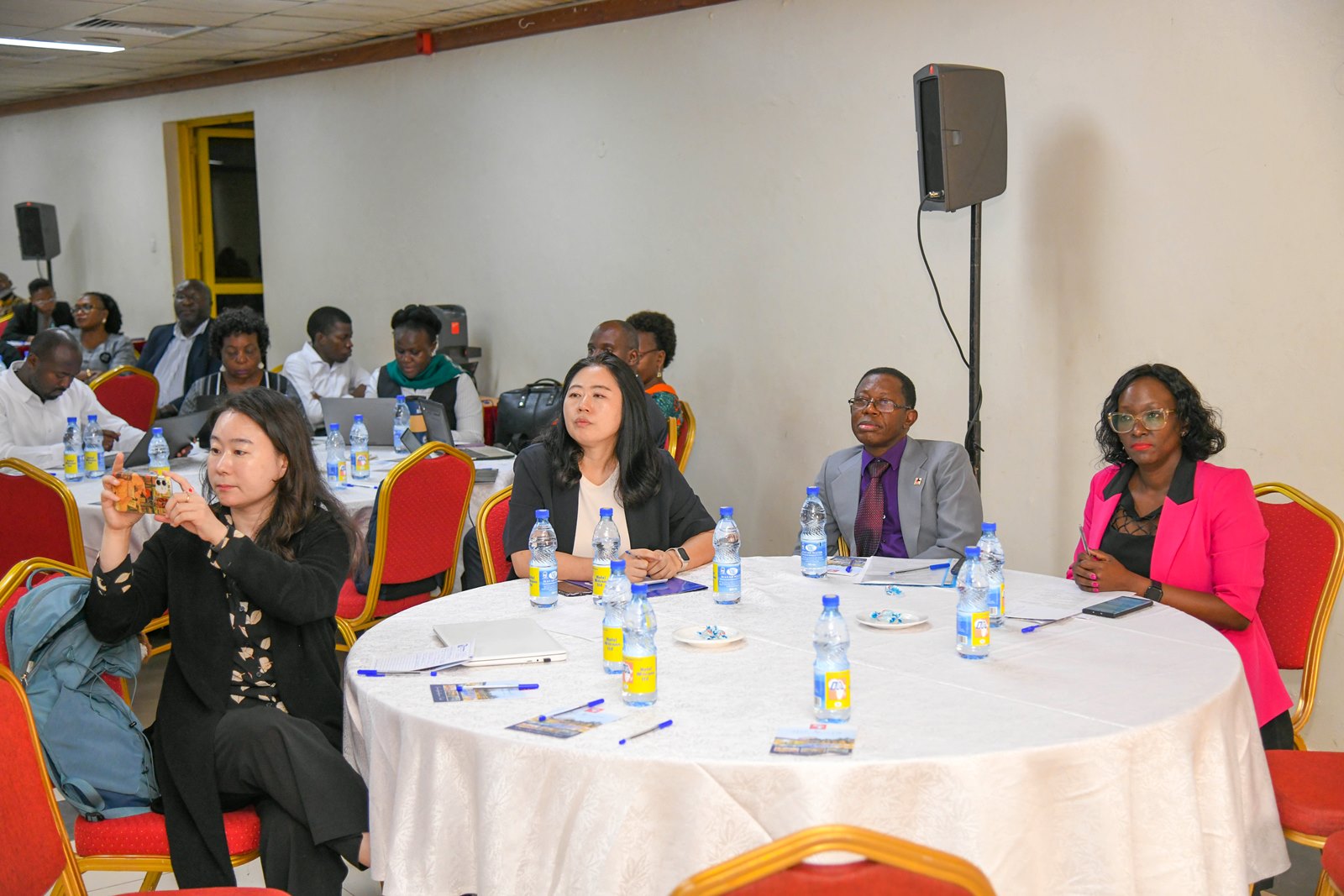
The project, which began in 2024, is being implemented with technical support from the Korea National Open University (KNOU) and the Korea Institute for Development Strategy (KDS). It focuses on three core components: development of a strategic and contextualized ODeL masterplan; capacity building for academic, administrative, and technical staff; and enhancement of ODeL infrastructure, including a new Learning Management System (LMS), Content Management System (CMS), ICT equipment, and the construction of a dedicated ODeL building.
Professor Henry Alinaitwe, the Project Investigator, emphasized the forward-looking nature of the initiative. “Through this masterplan, we are not only expanding access to higher education across Uganda and beyond, but also redefining how knowledge is delivered in the 21st century,” he said.
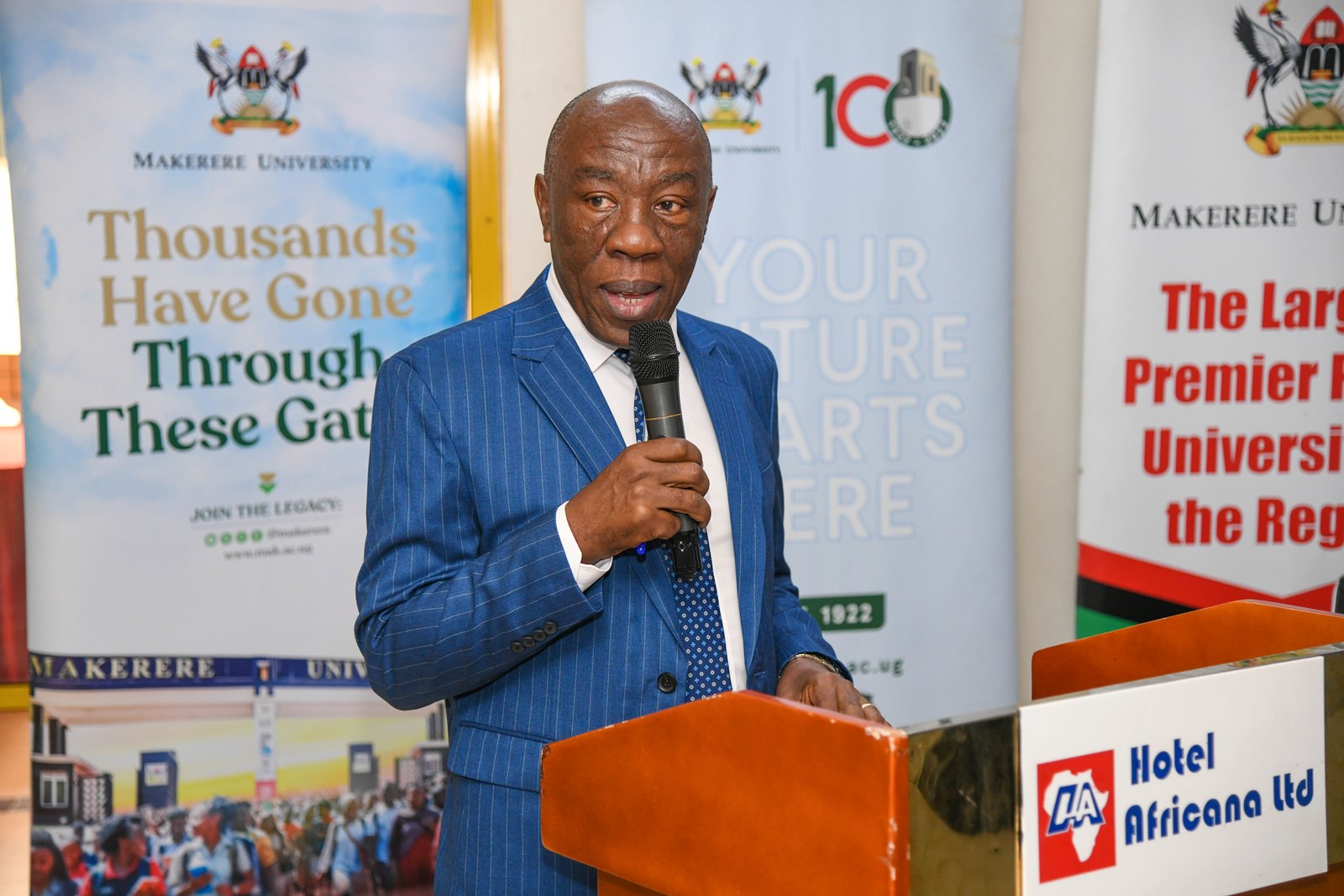
The workshop aimed to disseminate information about the masterplan, gather stakeholder feedback, and prepare the document for preliminary approvals by the University Senate and Council. The draft was developed by a joint task force composed of Ugandan and Korean experts, including representatives from KNOU, KDS, Makerere’s Institute of Open, Distance and e-Learning (IODel), and the Directorate for ICT Support (DICTS).
Prof. Alinaitwe noted that all three project components are progressing steadily. Training sessions are underway both in Uganda and Korea, and the design for the Mak-ODeL building is currently 60% complete, with construction expected to commence later in the year.
The ODeL Master Plan (2025–2035) envisions Makerere as a regional hub for digital education. It outlines strategies to increase the number of accredited ODeL programmes, enhance ICT infrastructure, improve content development, and ensure that distance learners can access high-quality and flexible education through the university’s Moodle-based MUELE platform.
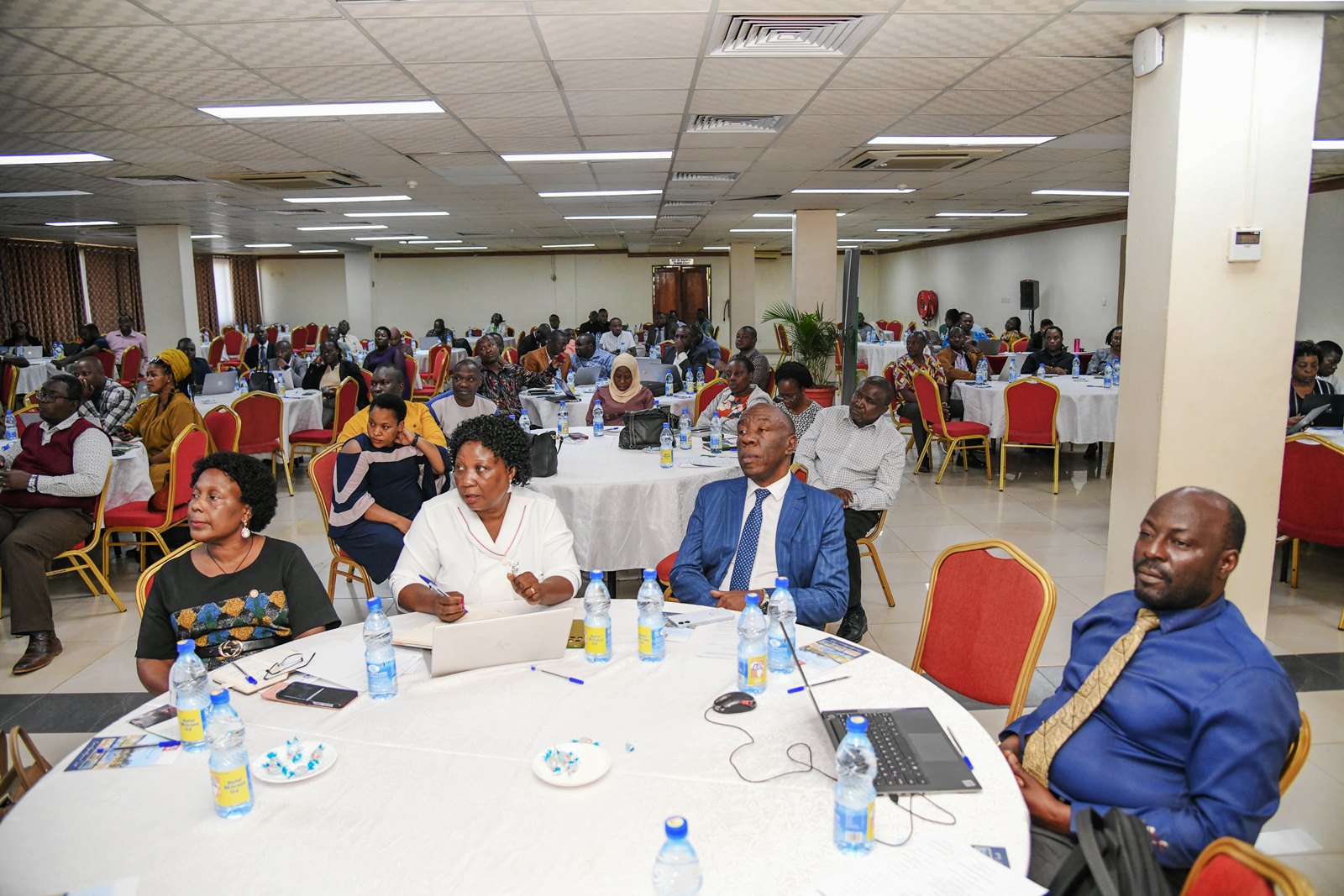
Speaking at the workshop, KOICA Country Director Ms. Ahn Jihee commended Makerere for its commitment to digital transformation. “We believe education is a powerful driver of national development, and we are proud to partner with Makerere University on this ambitious journey,” she said. “Our partnership is not just about technology, but about building resilient systems and empowered people who can shape the future.”
She also recognized the efforts of both Ugandan and Korean teams and encouraged continued dialogue and knowledge sharing.
Currently, only 8 of Makerere’s academic programmes are offered through ODeL. However, the university’s Strategic Plan (2020–2030) envisions a substantial increase in that number. The new masterplan draws from international best practices including models from KNOU, Hanoi Open University, and the Africa Virtual University.
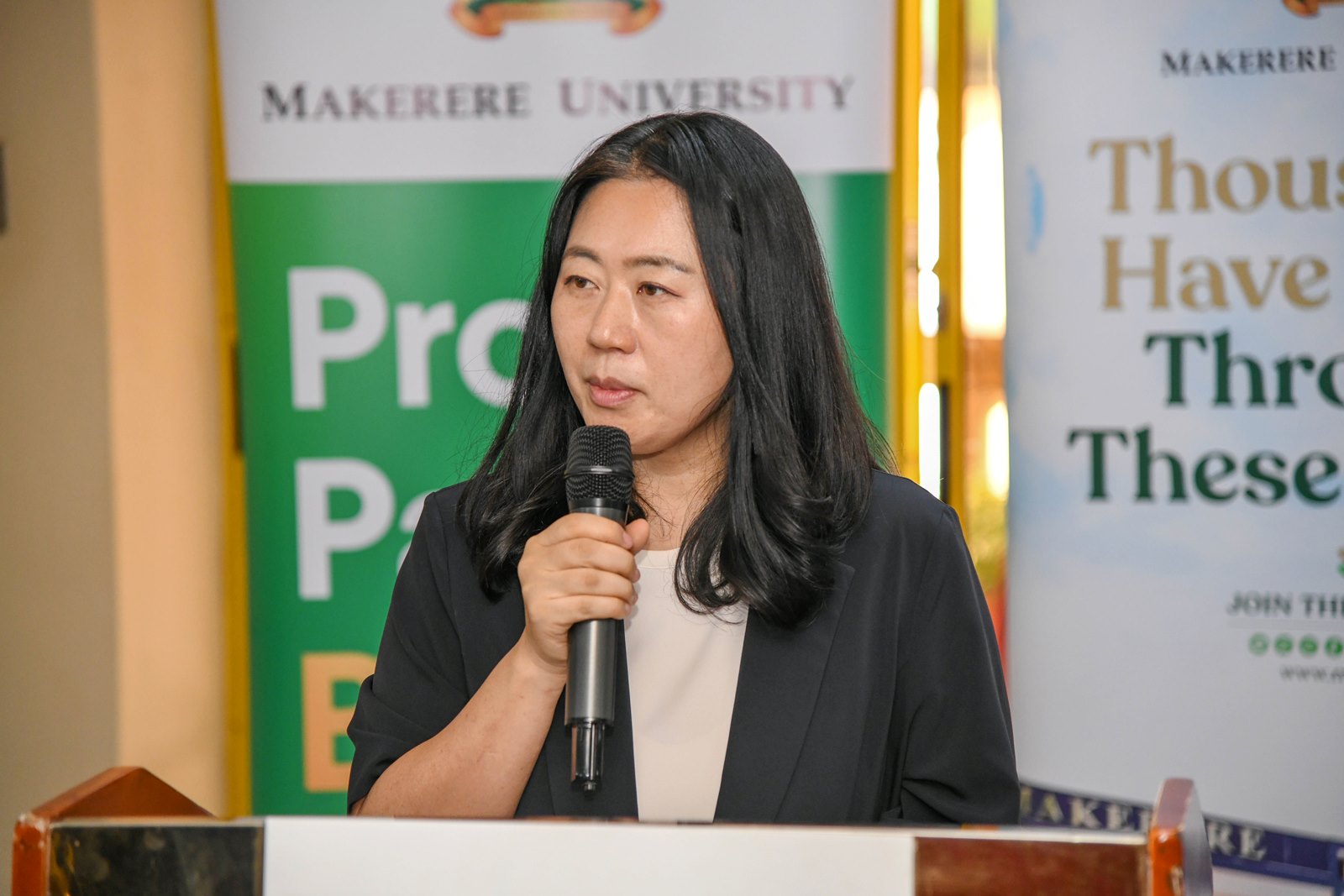
Prof. Alinaitwe extended special thanks to KOICA and its Kampala-based experts Prof. Kim Hyunjoo and Mr. Kim Kihun for their ongoing support, and acknowledged the contributions of the Makerere team—Prof. Paul Muyinda, Dr. Godfrey Mayende, Dr. Harriet Nabushawo, Dr. Richard Kajumbula, Mr. Samuel Mugabi, and Co-PI Dr. Venny Nakazibwe.
“We are laying the foundation for a future where Makerere University can provide education that is not just accessible, but also adaptable to the needs of learners wherever they may be,” he concluded.
The masterplan, once finalized and approved, is expected to usher in a new era of blended, learner-centered education that meets both local and global demands.
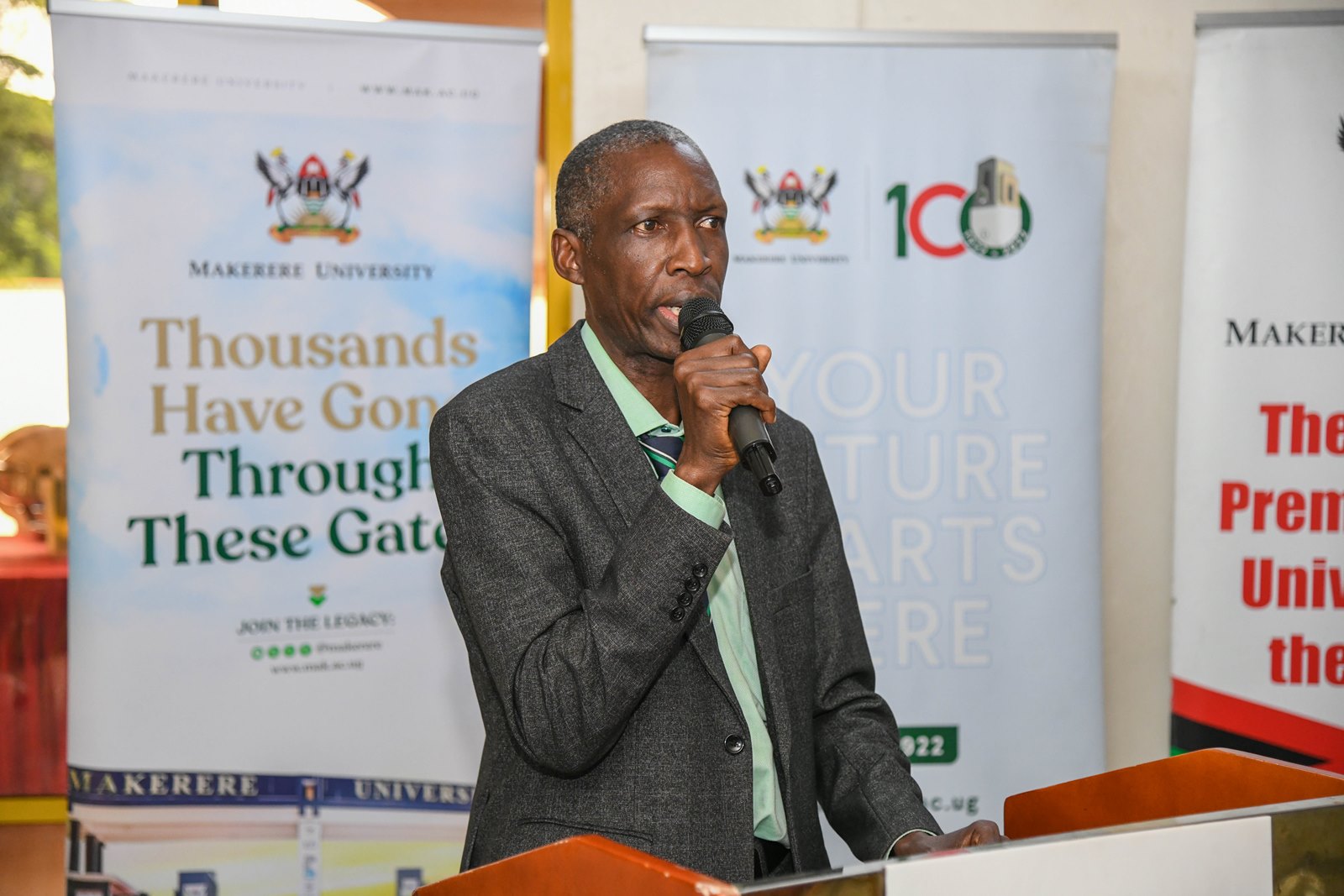
In his closing remarks, Professor Anthony Mugagga, who represented the Deputy Vice Chancellor (Finance and Administration), applauded participants for their insightful engagement. He emphasized the need for academic units to take ownership of ODeL implementation.
“The future of education is blended and borderless,” Prof. Mugagga said. “We must collectively embrace this shift—not just through policy, but through action: by developing new programmes, supporting learners, and investing in infrastructure that will carry us into the next generation of higher education.”
He also expressed appreciation to KOICA for its continued support and funding, which he said is helping to shape a more resilient and inclusive education system for Uganda and the region.
Trending
-

 General2 weeks ago
General2 weeks agoRe-advert: Admission to Undergraduate Programmes 2025/2026
-

 General1 week ago
General1 week agoRe-Advert for Applications for Diploma and Certificate Training
-

 General5 days ago
General5 days agoMakerere University Fees Waiver for 40 First Year Female Students 2025/2026
-

 General2 weeks ago
General2 weeks agoPress Statement on Ranking
-

 Health1 week ago
Health1 week agoCall for Applications: Responsible Conduct of Research (RCR) Training Course
